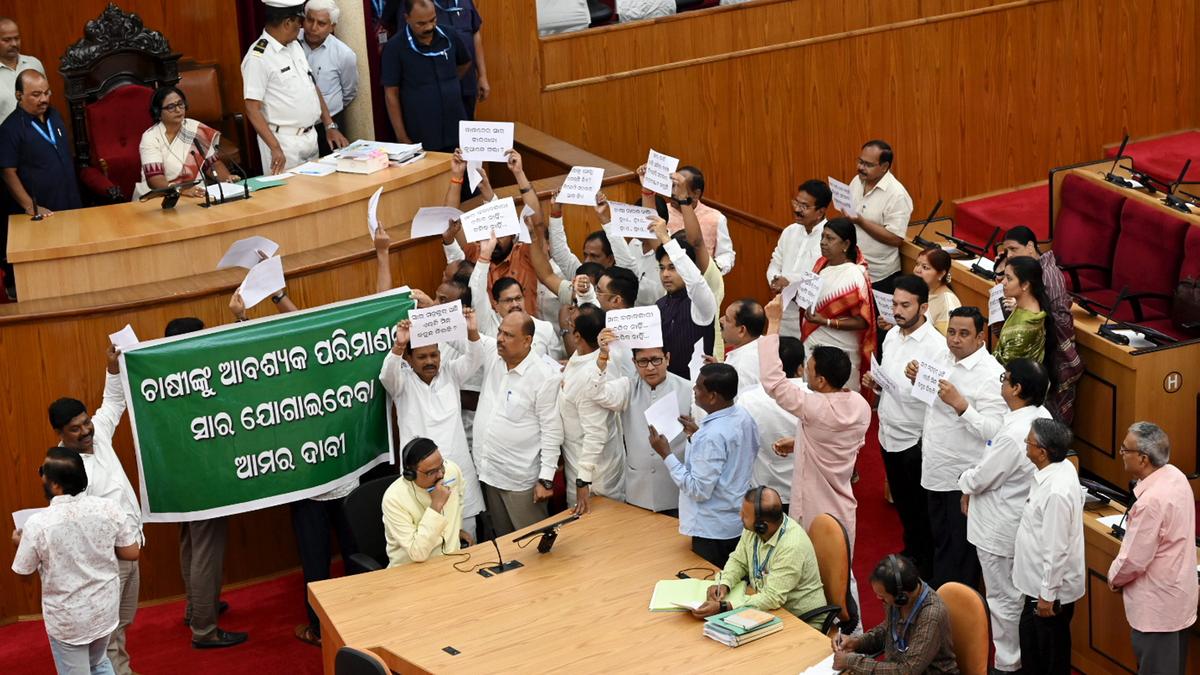Now Reading: Supreme Court Declines Varavara Rao’s Plea to Ease Bail Terms in Elgar Parishad Case
-
01
Supreme Court Declines Varavara Rao’s Plea to Ease Bail Terms in Elgar Parishad Case
Supreme Court Declines Varavara Rao’s Plea to Ease Bail Terms in Elgar Parishad Case
Quick Summary
- Supreme Court Hearing: On September 19, 2025, the Supreme Court declined Telugu poet and activist P. Varavara Rao’s plea to modify a bail condition requiring him to seek prior permission from the trial court before leaving Greater Mumbai. The matter was dismissed as withdrawn.
- Background of Bail: Rao had been granted medical bail by the Supreme Court on August 10, 2022, after spending over two years in custody. Conditions included remaining in Mumbai’s jurisdiction unless approved by the trial court and not contacting witnesses.
- Legal Representation and Arguments: Senior advocate Anand Grover emphasized that Rao’s health is worsening at age 82, stating that his wife-formerly his caregiver-has relocated to Hyderabad.Grover also claimed delays in completing the trial.
- Bhima Koregaon Case Context:
– Arrested on August 28, 2018, Rao has faced charges related to alleged inflammatory speeches during the December 31, 2017 elgar Parishad event in Pune linked with subsequent violence near Koregaon Bhima war memorial.
– He faces allegations of Maoist connections under IPC sections and UAPA provisions.
– NIA is now handling the investigation.
- Earlier Developments:
– Initially granted temporary medical bail by Bombay High Court (February 22, 2021) but denied permanent bail later (April 13, 2022).
– Requests for relocation back to Telangana have been previously rejected by courts.
Indian Opinion Analysis
The Supreme Court’s refusal to relax P. varavara Rao’s travel restrictions underscores its cautious approach toward cases involving serious charges like alleged links with banned organizations under anti-terror laws such as UAPA. This decision reflects legal priorities that balance an accused person’s right to health care against concerns over witness interference or absconding risks during prolonged trials.
Rao’s case highlights ongoing systemic challenges in India’s judiciary involving lengthy detainment without resolution due to procedural delays-exemplified here by pending framing of charges nearly five years after arrest. While granting medical relief acknowledges humanitarian considerations for older individuals like Rao (82), stringent conditions hint at apprehensions regarding national security implications tied to such accusations.
For broader public discourse,this case reiterates debates around navigating civil liberties vis-à-vis anti-terror legislations while advocating improvements in judicial efficiency for quicker resolution of complex cases involving marginalized voices or activists implicated under contentious circumstances.
Read more: The Hindu
























